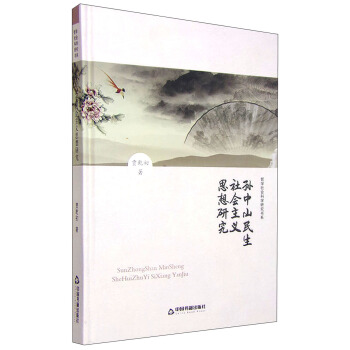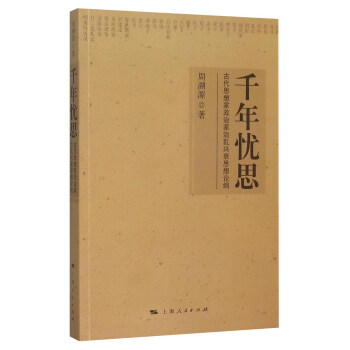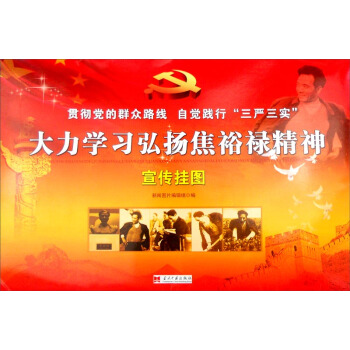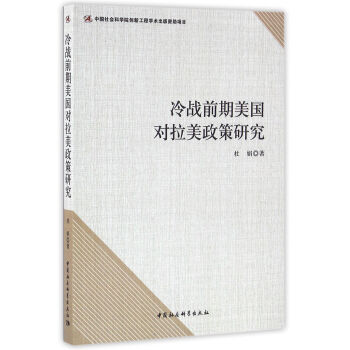![中国军队系列:中国军队与联合国维和行动(英) [Chinese Peacekeepers Overseas]](https://pic.tinynews.org/11818565/565655d9N1773ef2e.jpg)

具体描述
编辑推荐
从1990年开始参加联合国维和行动起,中国军队已参加联合国24项维和行动,累计派出维和官兵2.7万余人次。他们修路架桥、救死扶伤、排雷除爆、运输护卫、巡逻观察,为维护世界的和平与稳定做出了贡献。
《中国军队与联合国维和行动》由八一电影制片厂导演提供一手的文字和图片资料,具有很强的纪实性,非常值得一读。
内容简介
中国军队系列丛书共10本,是一套全面对外介绍中国军队各军兵种基本情况和发展沿革的图书,被列为国家十二五重点规划以及“走出去”重点图书。丛书在国防部新闻事务局的指导下,动员全军范围内专家撰写。每本字数从5万至10万不等,配有上百幅珍贵图片。丛书试图沿着中国军队的成长脉络,关注其历史、现状及未来发展,通过大量鲜活事例的细节描述,从多个视角真实地展现人民解放军的整体面貌。
《中国军队与联合国维和行动》详细讲述了中国军队参与柬埔寨、刚果(金)、利比里亚、黎巴嫩、苏丹瓦乌、苏丹达尔富尔、马里等地维和行动的情况,以及在各项行动中涌现出的英雄人物。内容饱满,故事生动,画面感强,能够让人对中国军队在维和领域的作为形成较为全面和直观的印象。
There are ten books in the series on PLA China namely The Chinese People's Liberation Army The PLA Navy The PLA Air Force The PLA Army Aviation Corps The PLA Marines The Chinese Navy's Maritime Escort Operations The PLAAF Airborne Troops Chinese Peacekeepers Overseas The Chinese Army in International Exchanges as well as The Chinese Army in Humanitarian Relief. The length of each book ranges from 50000 to 100000 Chinese characters with hundreds of valuable pictures. The series attempts to focus on the Chinese armed forces' history current situation and future development in the context of its growth through the use of many interesting examples and details to show the overall face of the People's Liberation Army from multiple angles.
This book illustrates the participation of Chinese Armed Forces in peacekeeping operations in Cambodia COD Liberia Lebanon Sudan Wau Sudan Darfur and Mali with stories of heroes in the operations. This book is a rich and rewarding read. There are so many vivid stories that the readers feel like at the scene. It is a comprehensive and intuitive description of Chinese armed forces in peacekeeping missions.
作者简介
尚昌仪,中国人民解放军八一电影制片厂导演,专业技术大校军衔。代表作品有《中国蓝盔》《中国维和行动》《刘伯承元帅》《战将杨成武》等。
Senior Colonel Shang Changyi, a director of the PLA Bayi Film Studio, professional and technical officer. His representative works include Chinese Blue Helmets, Chinese Peacekeeping Operations, Marshal Liu Bocheng, General Yang Chengwu, etc.
内页插图
目录
CONTENTS
Preface
Chapter 1 Peacekeeping Operations in Cambodia
Chapter 2 Peacekeeping Operations in Democratic Republic of Congo
Chapter 3 Peacekeeping Operations in Liberia
Chapter 4 Peacekeeping Mission in Lebanon
Chapter 5 Maintaining Peace and Security in Sudan
Chapter 6 Peacekeeping Actions in Darfur, Sudan
Chapter 7 Peacekeeping Mission in Mali
Chapter 8 Military Observers of the Chinese Peacekeepers
Chapter 9 Records of Chinese Peacekeeping Heroes
Postscript
精彩书摘
Chapter 3 Peacekeeping Operations in Liberia
In December 2003, Chinese government dispatched three established detachments with a total of 558 officers and men of transportation, engineering and medical to UN Liberia peacekeeping mission area upon the invitation of the United Nations. It was the largest peacekeeping forces with the greatest number of people in the history of Chinese forces’ participation in UN peacekeeping operations.
Rush Repair of Roads: A Miracle of Chinese Speed
After more than one month’s transportation over 20,000 kilometers by air and over land, Chinese Peacekeeping Engineering Detachment to Liberia, with the greatest number of people, the best equipment and the largest size in the Chinese UN peacekeeping mission history, arrived at Monrovia International Airport in the capital of Liberia.
The scourge of war completely crippled the railway of Liberia. Highway transportation undoubtedly became the lifeline concerning peace and people’s livelihood. In UN Liberia peacekeeping mission area, Chinese Peacekeeping Transportation Detachment was the only transportation support unit taking up the transportation support task for the entire United Nations Mission in Liberia (UNMIL). Scarcely had Chinese forces arrived in Liberia when Lt. Gen. Opeinde, the Commander of UNMIL Peacekeeping Forces, urgently summoned Col. Chu Qinghua, the Commander of Chinese Engineering Peacekeeping Detachment.
In order to push forward the peace process in Liberia, UNMIL decided to accelerate the DDRR Operation Plan. DDRR referred to Disarmament, Demobilization, Rehabilitation and Reintegration. DDRR Operation Plan was to reach the purpose of reconstruction and reintegration by disarmament and demobilization.
Lt. Gen. Opeinde required Chinese engineers to conduct a rapid maneuvering and operational deployment to the fourth theater. At the same time, one detachment was dispatched to carry out a rush repair of 32 kilometers of road and nine damaged bridges (culverts) in River Cess so as to ensure the smooth DDRR Operation there. Then, they would rush to Greenville to repair roads and bridges along the road towards the deployment area.
It was late at night. Soldiers were sound asleep, but officers of the engineering detachment were still having a meeting.
Although they had diverse experience in their respective posts at home, it was a new challenge for them to carry out emergency maneuver over thousands of kilometers. They had to move more than a hundred pieces of heavy equipment to two directions by air and over land simultaneously in a strange country, needless to say language barricade.
They had a heated and serious discussion in the tent. They aired their views freely on the one thousand li (1 li = 0.5 km) maneuver. When midnight came, Commander Chu Qinghua stood up, walked to the map and decided on three long-range multi-echelon trans-theater maneuvering options. These options demanded coordination with foreign troops, and joint operations between air and land.
On April 28th, 2004, Chinese engineers branched out in two columns towards the south and the north and began to move forward in drizzle.
The rush repair team repaired roads and built bridges during maneuvering. The rest of the detachment members and their equipment advanced towards Zwedru area in the fourth theater of UNMIL in five echelons and six sorties. Since the southern part of the road from Monrovia to Zwedru had already been blocked out, the main maneuvering force had no choice but to move towards the north to the Ganta area in the northeast boarder area first, and then turn to the Zwedru barrack directly in the southeast. The distance was over 500 kilometers, which almost traversed the whole Liberia.
A journey of 500 kilometers on flat roads in a peaceful country would be pleasant. However, what the Chinese engineering detachment faced was heavily damaged roads left by 14 years of civil wars. All kinds of unexpected risks might happen at any moment. In that case, there were only challenges.
It was not an easy job to complete thousands of kilometers of maneuvering of engineering equipment including excavators, loaders, lorries and platform trailers within two days. From the moment of departure, Yu Yang, Deputy Commander of Chinese Peacekeeping Engineering Detachment, who was in charge of this long-distance maneuvering, had to cope with challenges one after another.
The detachment moved ahead in wind and drizzle. The roads became wetter and more slippery in rain. The mighty convoy was moving forward on muddy puddles, dangerous bridges and rough mountain roads. What the officers and men were alerted for was not these geographical conditions but small gangs of unknown armed combatants with submachine guns or rocket shells. They emerged from tropical jungles from time to time.
It was said that African jungles was beset with arcane risks. From Rwanda genocide that made people bristle with anger, to notorious “chopping arms” action by Sierra Leone Revolutionary United Front (RUF) rebel forces, African jungles produced too many tragedies in this human world. So did 14 years of civil war in Liberia. In the jungles, morality and justice, principles and self-evident truth were luxury words. For those people saturated in racial, tribal and factional hatred, to behead other people or to shoot others to death was taken for granted and even some kind of pleasure.
With the convoy moved gradually to the depth of the virgin forests, more and more unknown armed combatants roved in the jungles. A sense of danger from the jungle suddenly came to Deputy Detachment Commander Yu Yang. He instinctively picked up the walkie-talkie and issued an order: “Attention please! Attention Please! All guards keep a high alert. Report instantly if problems were found. Extend the separation between vehicles, increase the speed, and not to fall behind. Report straight away if you had any problem.”
Hearing the order, NCO Chen Zhenhua had hardly started accelerating when he found a huge puddle right ahead. He had to slow down and pass the puddle steadily. Just at that moment, a sharp whistling broke through the darkness, and the left windshield broke into pieces. The truck was attacked! It was his first instinct. He stepped on the paddle firmly and the truck dashed out abruptly.
Deputy Detachment Commander Yu Yang heard the gunshot. He called all the vehicles promptly. Chen Zhenhua recovered from dizziness, moved and stretched and found himself unhurt. He picked up the walkie-talkie and reported to Commander Yu what happened just now. Commander Yu ordered according to the contingency plan: “All aboard in combat position and all vehicles speed up.”
The convoy arrived at Ganta at 20:20 after 280 km driving. Deputy Commander Yu commanded the detachment members to stop going forward, lay pots to do some cooking, and have a good rest till the following day...
……
前言/序言
Preface
Since the start of the 21st century, along with the rise of China’s overall national and military strength, China’s defense policies, military strategy and military development have increasingly become a hot spot of the world’s attention, and many books have been published overseas about the Chinese armed forces. Unfortunately, as some of the authors lack accurate first-hand information, some of their publications have been somewhat debatable.
What kind of a military is the People’s Liberation Army (PLA)? In what developmental stage are the various branches of the Chinese armed forces? To what level have China’s military armaments been developed? All these questions have aroused high attention from the international community and heated discussion among some overseas and domestic media. For this reason, we believe that writing a series of books to give a vivid and accurate introduction to the Chinese military, for both domestic and foreign readers, would be of tremendous significance.
There are three books in the first series on PLA China, namely The Chinese People’s Liberation Army, The PLA Navy, and The PLA Air Force; the three in the second series include The PLA Army Aviation Corps, The PLA Marines and The PLAAF Airborne Troops and the third series contains four volumes: The Chinese Navy’s Maritime Escort Operations, Chinese Peacekeepers Overseas, The Chinese Army in International Exchanges, as well as The Chinese Army in Humanitarian Relief. The length of each book ranges from 50,000 to 100,000 Chinese characters, with hundreds of valuable pictures. The series attempts to focus on the Chinese armed forces’ history, current situation and future development in the context of its growth through the use of many interesting examples and details, to show the overall face of the People’s Liberation Army from multiple angles.
Throughout the process of planning and writing the series, we invited the participation of experts from relevant PLA functional departments, military academies, and research institutions for the purpose to ensure its authority and accuracy. This series has also had strong support and guidance from the Information Office of the Ministry of National Defense. We believe that the active participation of the military personnel has made the series much more profound.
Last but not least, any kind comment, criticism or advice from you on this Series is welcome. Once received, they will be deeply appreciated and highly valued, and will be taken into grave consideration in the subsequent perfection of this Series of publications.
用户评价
如果用一个词来概括这本书给我的整体感受,那就是“结构性的复杂性”。它成功地将军事行动、外交政策、国内军事改革以及人道主义理念编织成一个密不可分的整体。阅读本书,感觉就像在拆解一个极其精密的瑞士钟表,每一个齿轮——无论是后勤保障的效率、指挥系统的透明度,还是对当地社区的经济影响——都必须精确到位才能保证整个系统的平稳运转。尤其是书中关于维和任务的评估指标的探讨,超越了传统的“是否成功阻止了大规模杀戮”的简单标准,转而关注长期稳定性和当地人民的主观感受,这体现了作者对和平建设这一长期工程的深刻理解。这本书非常适合任何对现代军事转型、全球治理或者中国外交战略感兴趣的专业人士和爱好者。
评分这本书的叙事节奏处理得极其老练,它不像某些同类题材那样陷入枯燥的政策文件堆砌,而是充满了鲜活的现场感。作者似乎拥有无与伦比的渠道,能接触到那些在非洲冲突地区执行任务的基层官兵,他们的口述史料与官方报告交织在一起,形成了一种多层次的真实感。我记得其中一个章节详细描述了某支工程营在极端气候和安全风险下,重建某条关键道路的场景,那种工程难度、后勤压力与随时可能爆发的流血冲突的交织,读起来令人手心冒汗。这种写作手法成功地将宏大的国家战略叙事,落地到了具体的、充满人性挣扎的个体经验之上。它成功地消解了“维和”这个略显冰冷的词汇,将其还原为一群人在异国他乡为了生存和使命所付出的巨大努力,充满了史诗感,同时也让人深切体会到和平的代价之沉重。
评分从国际关系理论的角度来看,这部作品无疑是为现有霸权主导的国际安全秩序提供了重要的“中国方案”的论据支撑。它清晰地阐释了中国如何通过积极参与联合国框架下的维和行动,来巧妙地平衡其“不干涉内政”的传统外交原则与日益增长的全球影响力需求。书中对中国维和部队的装备现代化、人员训练体系的革新,以及与联合国其他成员国(特别是西方国家)在任务执行层面上的合作与摩擦点的分析,都非常到位。这种对微妙政治博弈的刻画,让读者得以窥见中国在多边主义舞台上,如何以一种务实、渐进的方式,重塑其国际形象,并争取话语权。它不是一本简单的宣传册,而是一份深具战略远见的分析报告,充满了对未来国际秩序构建的深刻洞察。
评分令我印象深刻的是,作者在讨论中国维和部队在不同文化背景下的适应性问题时,展现出的洞察力。例如,书中对比了他们在南苏丹执行任务时,如何处理部落冲突中的传统习俗与现代法律规范之间的矛盾。这种跨文化冲突的处理艺术,远比单纯的军事技能展示来得复杂和有意义。它揭示了中国军人在面对文化差异、宗教敏感性以及复杂社会结构时的“软实力”运用。这种“柔性介入”的策略,是区别于过去某些西方维和行动的显著特征。作者没有回避其中的困难和失误,而是将其作为案例,来论证中国在提升维和经验的成熟度方面所做的艰苦努力。这种坦诚的态度,极大地增强了本书的可信度和深度。
评分这部关于中国军队参与国际维和行动的著作,读起来简直是一场思想的洗礼。作者以一种近乎人类学家的细致和历史学家的宏大视角,将中国蓝盔部队的行动置于当代地缘政治的复杂棋局中进行剖析。我尤其欣赏它对“中国式维和”理念的深度挖掘——它不仅仅是简单的军事部署,更是一种内嵌了中国传统智慧与现代国际责任感的综合性国家行为。书里对维和任务中非传统安全威胁,比如反恐、人道主义援助与基础设施重建的论述,展现了中国军队在实战环境下的快速适应与能力迭代。对于那些习惯于从传统安全视角看待军事力量的读者来说,这本书提供了一个极具启发性的对立面视角,迫使我们重新思考军事力量在维护全球和平中的多重可能性与伦理边界。那种在冲突前沿,既要保持绝对的专业性,又要体现人文关怀的微妙平衡,被刻画得入木三分,让人在阅读过程中不断反思何为真正的“负责任的大国”。
相关图书
本站所有内容均为互联网搜索引擎提供的公开搜索信息,本站不存储任何数据与内容,任何内容与数据均与本站无关,如有需要请联系相关搜索引擎包括但不限于百度,google,bing,sogou 等
© 2026 book.tinynews.org All Rights Reserved. 静思书屋 版权所有

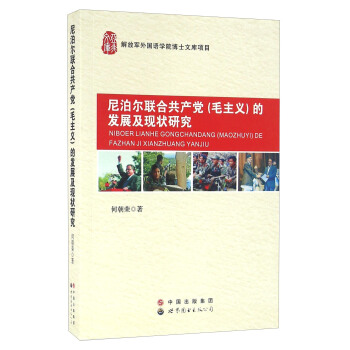
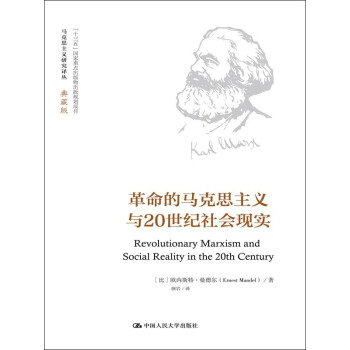
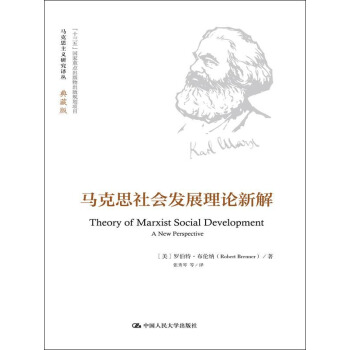

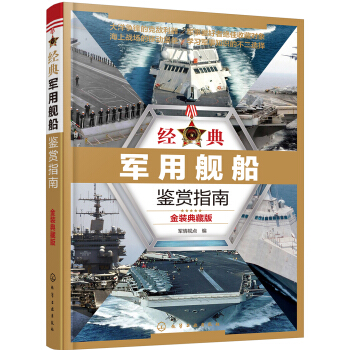
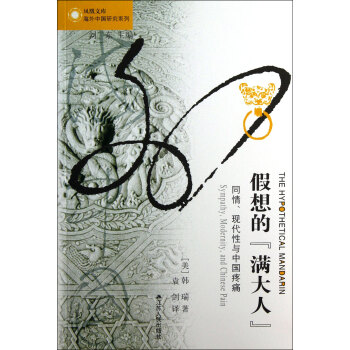
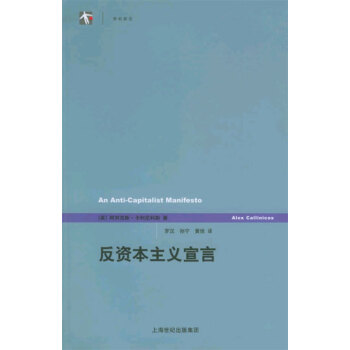

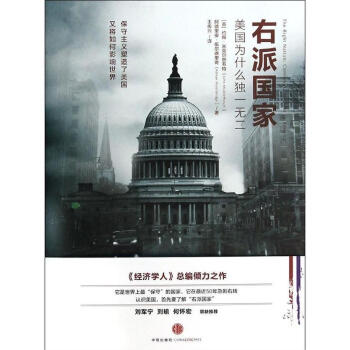
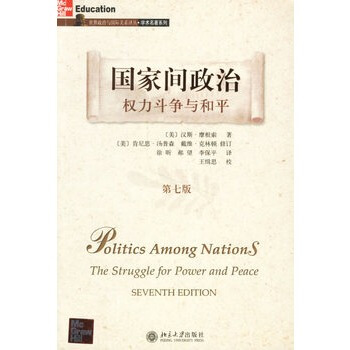


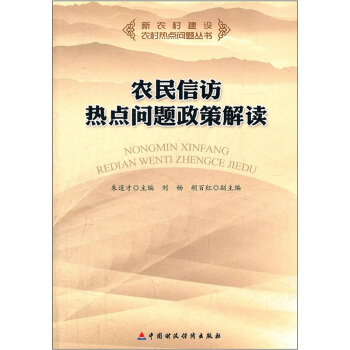
![中国军队系列 中国军队与人道主义救援(英文版) [The Chinese Army in Humanitarian Relief] pdf epub mobi 电子书 下载](https://pic.tinynews.org/11734569/55aa09e3Nddf34ad6.jpg)
